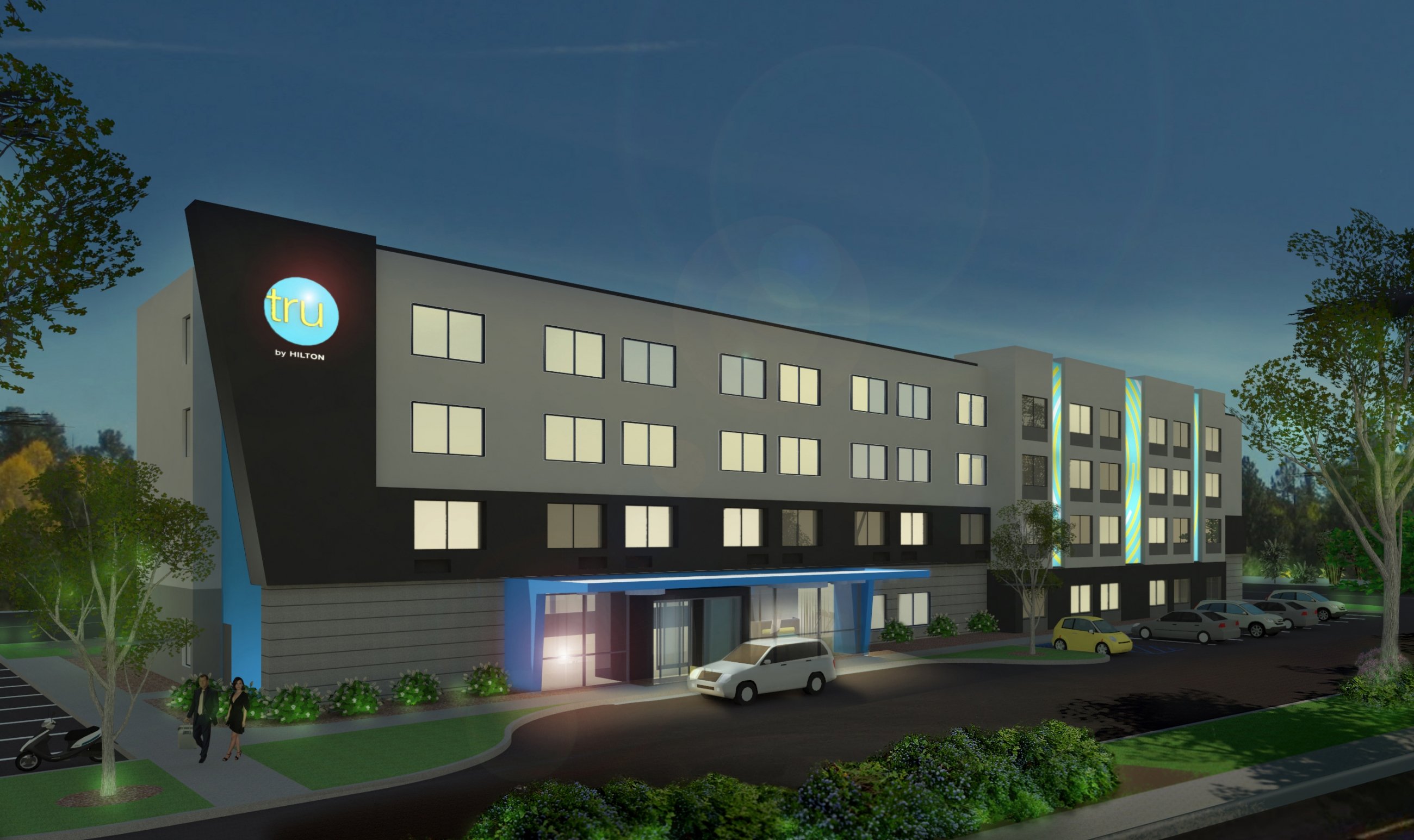The Hotel Data
Conference was held last week in Nashville TN, hosted by STR (formerly Smith
Travel Research) and Hotel News Now. As
reported by HNN Newswire, STR and Tourism Economics forecast a slowdown of
growth for the lodging industry.
 |
| Hotel Data Conference by Kerry Woo Photography |
2016
For total-year 2016, the
U.S. hotel industry is predicted to report flat occupancy at 65.5%, a 3.2% rise
in average daily rate to US $124.12 and a 3.2% increase in revenue per
available room to US $81.26.
“Rate will be the driver of RevPAR growth this year,” said Amanda Hite, STR’s president and CEO, during the conference’s opening general session.
“Rate will be the driver of RevPAR growth this year,” said Amanda Hite, STR’s president and CEO, during the conference’s opening general session.
Among the Chain Scale
segments, the Independent segment is expected to see the largest year-over-year
increases in occupancy (+0.4%) and RevPAR (+3.6%). In ADR, the largest
increases are expected to come in the Economy (+3.3%) and Independent (+3.3%)
segments.
2017
For 2017, STR and Tourism Economics project the U.S. hotel industry to report a slight decrease in occupancy (-0.3% to 65.2%) but increases in ADR (+3.1% to US$127.99) and RevPAR (+2.8% to US$83.51). Also in 2017, supply (+2.0) is expected to outpace demand (+1.6%) for the first time since 2009.
For 2017, STR and Tourism Economics project the U.S. hotel industry to report a slight decrease in occupancy (-0.3% to 65.2%) but increases in ADR (+3.1% to US$127.99) and RevPAR (+2.8% to US$83.51). Also in 2017, supply (+2.0) is expected to outpace demand (+1.6%) for the first time since 2009.
Supply growth
outpacing demand growth is certainly an indicator of the looming supply growth
impact on existing hotels, or even on new hotels that are part of the new supply. Leaders in the hotel industry at the Hotel
Data conference noted their concerns about new supply.
I, personally,
don't think anyone in the hotel industry expects hotel developers to maintain such
an altruistic view that they would consider what is best for the industry and
the local hoteliers before beginning a hotel project. However, I would expect
developers to protect their own investment by having a feasibility study done
prior to launching into a hotel development project. Yet, there have been many hotels built
without a feasibility study. Some have
been fortunate, others have not. While
predicting the future is dicey, never the less, having a feasibility study
done, and researching all of the facts available as much as possible before
beginning a new hotel project, is only prudent.
Feasibility
Study expert Ed Xanders, of Interim Hospitality Consultants, has this simple
rule of thumb that relies on occupancy of the local comp set as reported in a
STR report:
40%
occupancy: hotels are losing money
50%
occupancy: break even
60%
occupancy: making money, you can buy a new car!
70%
occupancy: profitable, you can buy a new car for your spouse!
80%
occupancy: time to build another hotel
in the market
Ed Xanders notes
that these occupancy percentage guidelines have to be tempered by the pipeline
of new hotels coming in the local market under construction or in planning
ahead of your project. That, and judging
changes in demand, and selection of the comp set requires deep experience,
which is why developers use Interim Hospitality Consultants, or another
feasibility study expert prior to beginning a new project. Ed and I also discussed the fact that new
hotels of strong brands certainly do take market share from older hotels, and therein
lies the judgement call of whether a new hotel will be able to drive 80%
occupancy in a market that is doing 62%.
 |
| Hilton Starts Development on 10 Tru Hotels by Hotel Management News Room |
If compiling a
feasibility study that can reliably be used to guide one's decision on
development of a new hotel is challenging, judging the impact of a new hotel on
existing hotels is even more challenging.
Appraiser's I've
spoken with have given up doing impact studies. ‘Risky business that is sure to
have someone unhappy with your results’ is what they say. While quantifying the impact of new hotels on
the revenue of existing hotels is a difficult guess, that impact is felt in
almost all cases unless the demand increase locally offsets the increased
supply. That has been happening in the
last few years in many larger markets as the economy and travel increased. However, if 'A rising tide lifts all boats',
then it could also be said that the tide going out will lower all boats. And
when the tide goes out, all the new boats in the market may sink the old
boats.
I know I have
stretched this analogy, but if you are worried about the impact of new hotels
coming in your local market, consider all of your options now, before the tide changes! Get all of the available information to help
make a decision to hold or exit. Some of
that information will be a hotel sale comparable report. To get a free hotel sale
comparable report, and review your hotels potential sale value, contact one of
MBA Hotel Brokers experienced hotel brokers.
If
you are interested in having a feasibility study done, you can check out Ed
Xander's company website for Interim Hotel Consultants at: http://www.interimhospitality.com/feasibilitystudies.html